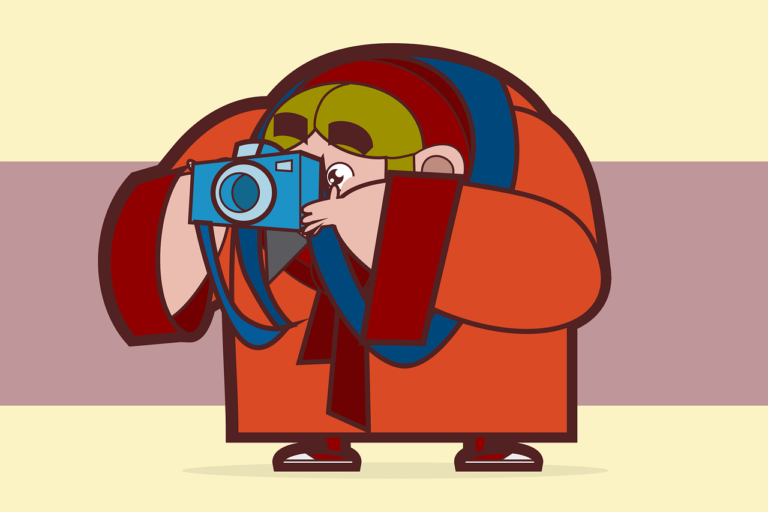Filmmaking is not a one-person job, and it takes a crew. One focal person in the crew is the camera operator. Camera operators are employed by film production companies, as well as television and cable companies, to gather footage for popular TV series, films, music videos, documentaries, and news.
Even small video production channels on YouTube also need camera operators. Operating the camera can be a technical job as you will be required to know your way about the camera mechanism, lights, and recording, but it is equal parts a creative job as well.
Where do Camera Operators work?
Camera operators plan the shots, record visuals, set up and break down the equipment, and correct lighting and other technical problems.
As a camera operator, you may work in film and TV production. In motion pictures, a camera operator is responsible for translating a director’s vision into reality. Another big industry for camera operators is music videos and advertising.
These productions are not as big as a movie, but that means that the role of the camera operator becomes more important. You will be responsible for more work and will get to develop yourself in different functions.
The rise of web series and professionally produced blogs is also an avenue for camera operators. These productions are even smaller, and therefore they can be how you can build a portfolio and make your way up.
How to become a Camera Operator
With the right education, hard and soft skills, and relevant work experience you can become a camera operator and do the kind of work you will enjoy.
- Get the right education
Apart from formal education, such as a high school diploma, A camera operator will need formal training in the ability to shoot films and the basic knowledge of photographic technology.
These training programs can be like vocational skills that provide you with a comprehensive understanding of how cameras and video editing technology work together. These skills are employed extensively in the film making industry.
Another route is to seek a formal college education. Many schools provide four-year programs that specialize in film and television productions.
Formal education will bring you up to speed in no time, and by the time you understand camera operation and the technicalities, you will also know a lot more about the whole industry in general.
Another benefit of getting a formal education, schools and universities also offer placements, and this can be your way to a full-time job.
A lot of the skills can be learned online, by yourself, or through online courses from Coursera or skills share. As this is a field where creativity is essential, your skills and knowledge are more important. You can gain the right knowledge as long as you keep working on developing your skills.
- Develop job-ready skills
Once you have the foundation through education you need to focus on getting skills that will help you get a job. You will do this by gaining both soft and hard skills.
Soft skills are more about you and how you handle yourself. Hard skills are about how you handle the work and the camera.
Apart from in-depth expertise of different cameras and lenses, you will need good communication and excellent listening skills, these soft skills will be the wind on your sails.
You will be able to work professionally with many people on many projects. As filmmaking is a team job, you too need to be a team player. You have to be detail-oriented and also patient with your work.
- Get relevant work experience
This third step is your way to your dreams. Find as much relevant work experience as you can. This does not need to be big, professional projects.
This can be something you do for a friend, a school project or even your passion project. Be creative with your school projects and build a good portfolio. Purchase a high quality camera and keep shooting movies even if it is for yourself.
You may start by being a production assistant and performing simple duties such as running errands and keeping track of equipment. Then, you will work up to be a camera operator’s assistant.
In this role, you will perform some of the camera operator’s responsibilities such as keeping work reports, preparing a list of the shots to be taken, and getting the equipment in place for the shoot.
You may have to spend some time working on entry-level jobs that will eventually lead up to a camera operator’s position.
